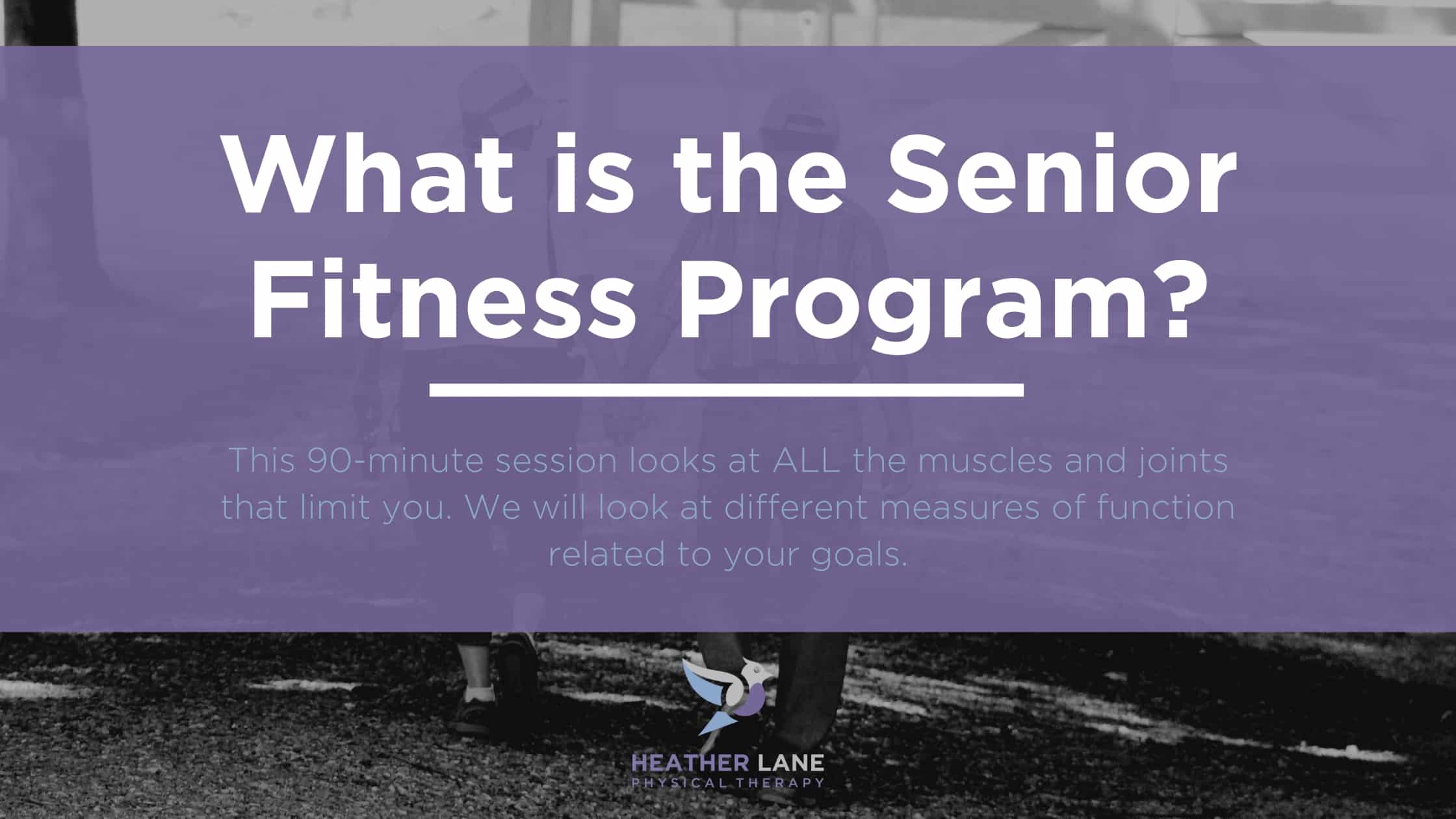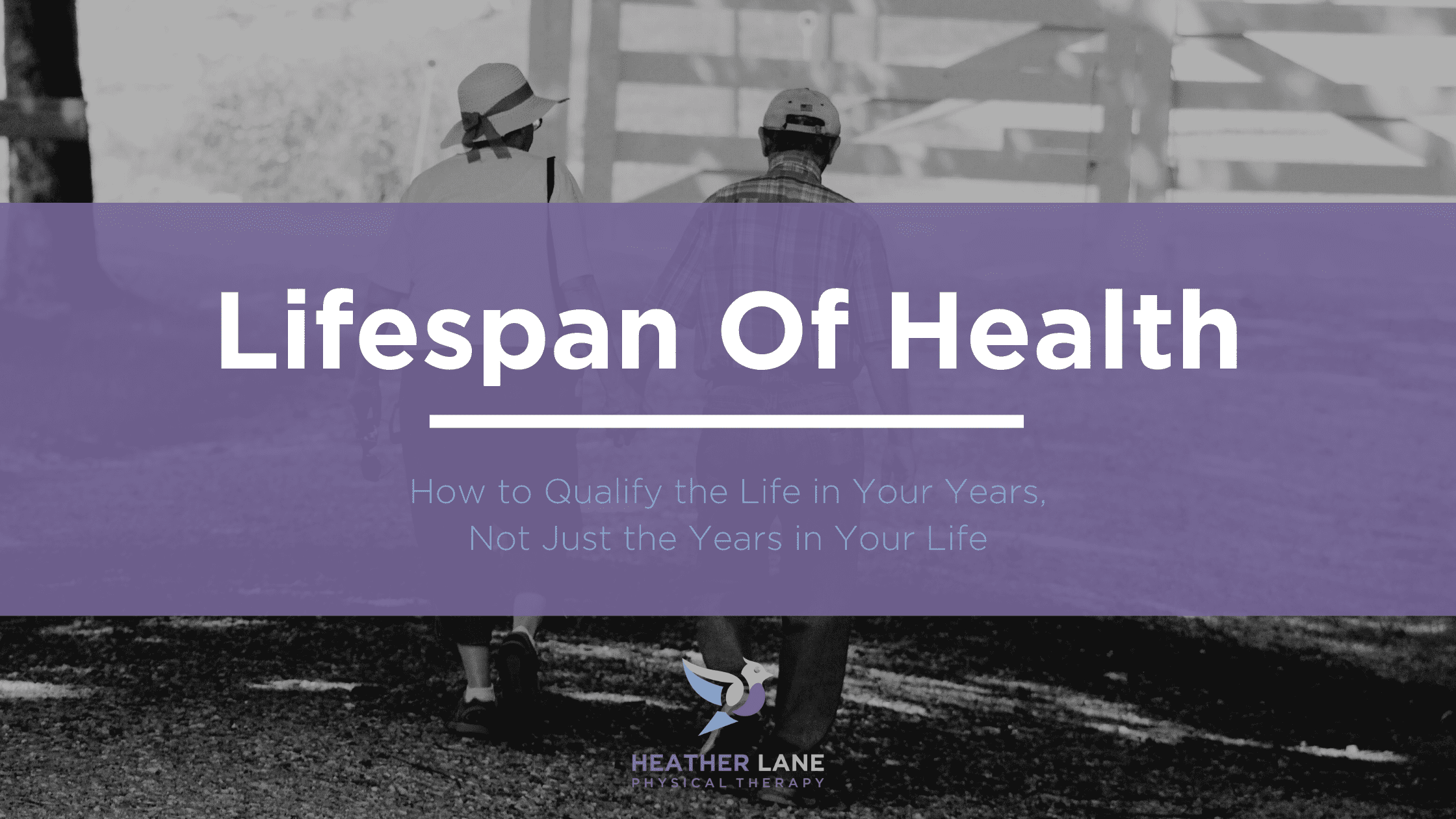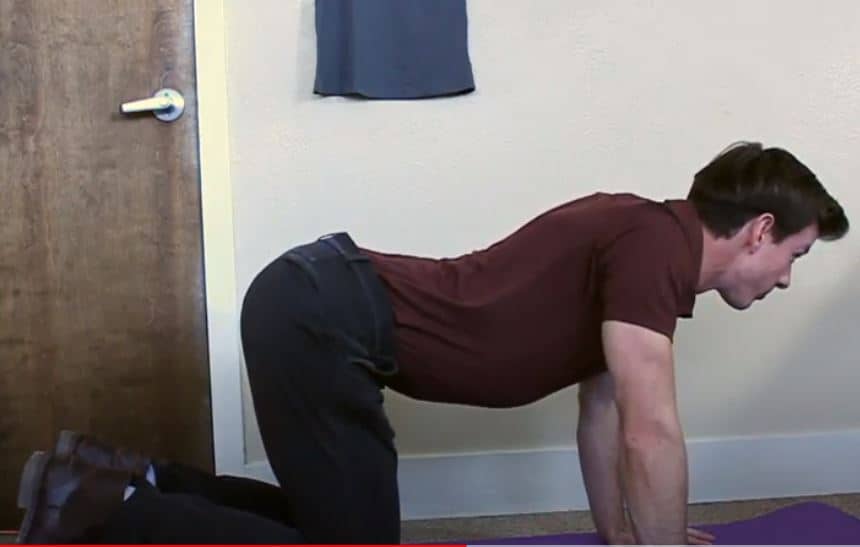Bone health is incredibly important to retain mobility, independence, and overall health. Today, we're sharing...
Read More..What is the Senior Fitness Program?
Are you nervous about having a fall, having trouble playing on the ground with...
Read More..The Lifespan of Health
We all have been raised by hearing the most famous proverb, "Health is Wealth". This...
Read More..Competing as an Older Athlete? Rely on Physical Therapy
At Heather Lane we’re all about keeping people active for as long as possible, so...
Read More..Are You Making the Most of Your Direct Access to Physical Therapy?
While many states places restrictions on access to physical therapy, Colorado is among those that...
Read More..Hunchback Starting? 3 Physical Therapy Videos Can Help Set Your Posture Straight
Do you have hyperkyphosis? You probably know it as hunchback. If your spine is curving...
Read More..




